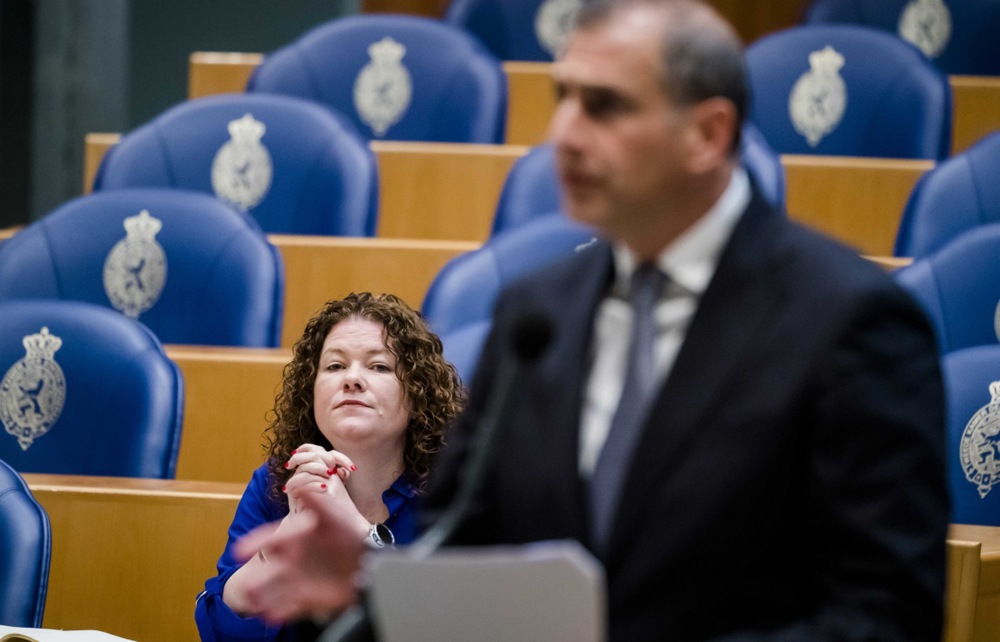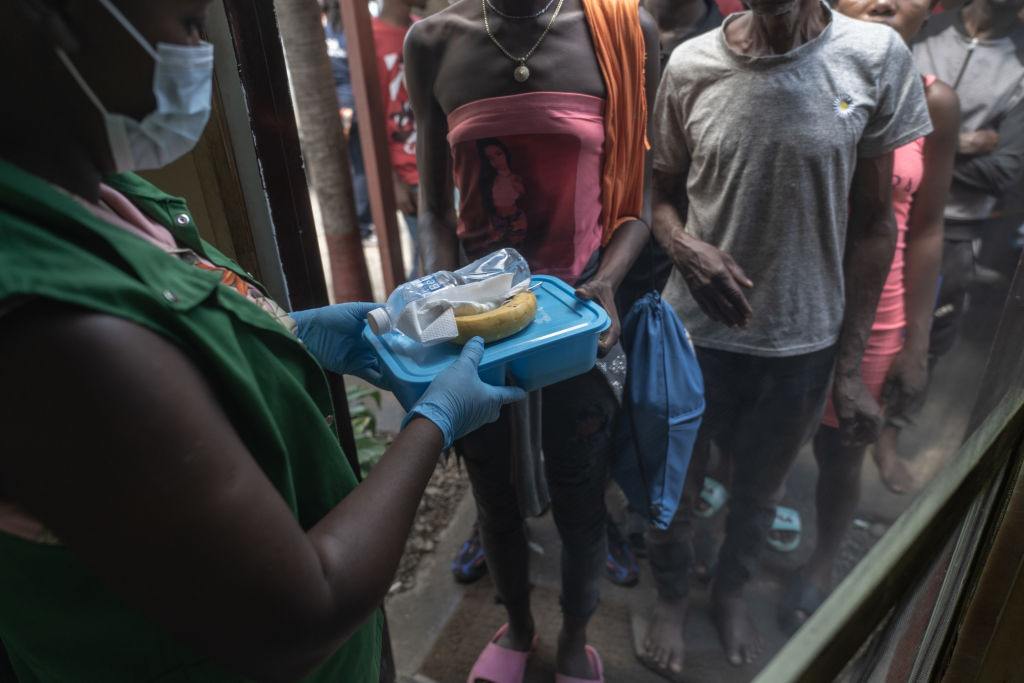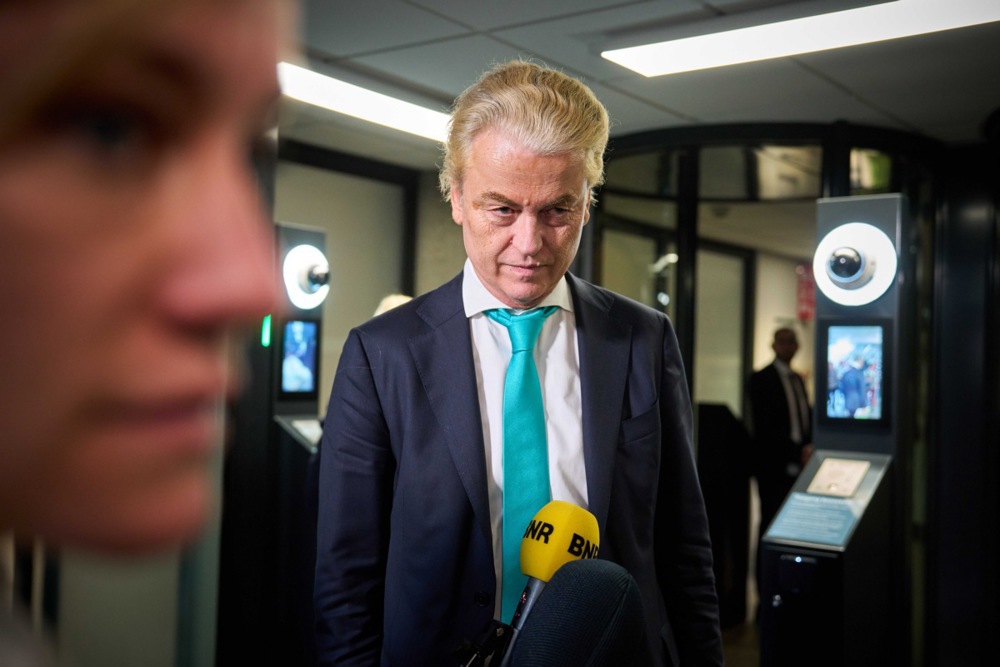Rutger Groot Wassink, chairman of the asylum committee of the Association of Dutch Municipalities (VNG), resigned from his post, refusing to work with the new right-wing Dutch government led by the Party for Freedom (PVV).
Groot Wassink, a member of the GreenLeft party, said on June 25 he did “not want to normalise what isn’t normal”.
“I consider the PVV a far-right party that poses a threat to democratic order and the rule of law,” Groot Wassink told newspaper Het Parool.
He will remain as an Amsterdam alderman but will delegate communications between his department and the national government to his officials.
Groot Wassink said he did not want to help in any way with the new administration’s policies, which are, according to him, inspired by the hard-right.
“I do think we are taking a very big risk by putting an inherently undemocratic party with extremely dubious views at the centre of power, to say the least,” he said.
He added that he did not believe the seemingly milder tone struck by PVV leader Geert Wilders ahead of the November elections. “Should we just forget comments like ‘fake parliament’, ‘[Left Liberal] D66 judges’, ‘tribunals‘, ‘repopulation’ and all kinds of other rubbish?” Groot Wassink said.
He added that, in his opinion, Wilders simply shelved his old ideas, rather than discarding them entirely.
As head of the committee, Groot Wassink worked with illegal immigrants and people without proper documentation. He was often in contact with members of the previous national government.
He did say he had considered remaining at his post at a time when asylum seekers need him the most. “Of course, I have struggled with this a lot. But I see this as a moment of distinction.”
Groot Wassink said he felt the new Dutch Cabinet would not achieve much and would “blame things on refugees, but also judges, civil servants, and eventually also the press”.
With Geert Wilders' Freedom Party (PVV) as its biggest partner, the new Dutch coalition has promised the toughest-ever laws on asylum, a relaxation of climate policies, and more "breathing room" for low-income families. https://t.co/TDbLOC8EMn
— Brussels Signal (@brusselssignal) May 16, 2024
According to the GreenLeft politician, the new asylum minister Marjolein Faber, of the PVV, does not even want to address the problems regarding shelter for asylum seekers.
“No, I don’t think I’ll be going on a pleasant work visit with Ms Faber,” he said, adding that he also could not see himself talking with ministers from the other parties in the majority government.
Wilders and Faber’s milder approach has caused some consternation on their right-flank. On June 24, Faber distanced herself from the Nazi-associated term “Great Replacement Theory” she had referred to during a Senate debate in 2020.
Eva Vlaardingerbroek, a popular right-wing pundit, said she now regretted having voted for the pair, calling them “cowards” and “sell-outs”.
German MEP Maximilian Krah referred to “Melonisation” in regards to the PVV’s apparent shift. He used the term to mean the dropping of one’s ideals in the hope of being accepted by the establishment – an accusation that has been levelled at Italian Prime Minister Giorgia Meloni.
Groot Wassink is not a big name in Dutch politics but he did make national headlines in 2021 when he ordered an investigation into discrimination against gays and transexuals in Amsterdam, traditionally seen as a gay-friendly city.
The resulting report showed evidence of verbal and physical violence, leading to victims changing their behaviour and even moving out of the city.
Many of those behind the unrest were identified as being from immigrant backgrounds, often of Moroccan descent. That, it was said, had led to an attempt to keep the report under wraps after its completion.
Internal WhatsApp messages later showed that Groot Wassink instructed officials to dismiss questions regarding the situation from the media, saying he could not reply because he was on holiday, despite him intensely messaging his own team on the subject.
Civil servants in the Netherlands reportedly fear job cuts and policy changes in directions they do not want as the country braces for new leadership featuring the hard-right Freedom Party (PVV). https://t.co/NAvOR6KJg1
— Brussels Signal (@brusselssignal) June 11, 2024
Later, he raised eyebrows by deleting all his tweets.
Still, the newspaper de Telegraaf said it found a database with his old tweets, allegedly showing he used the social media platform to attack other politicians, including Liberals, Socialists and Christian Democrats.





